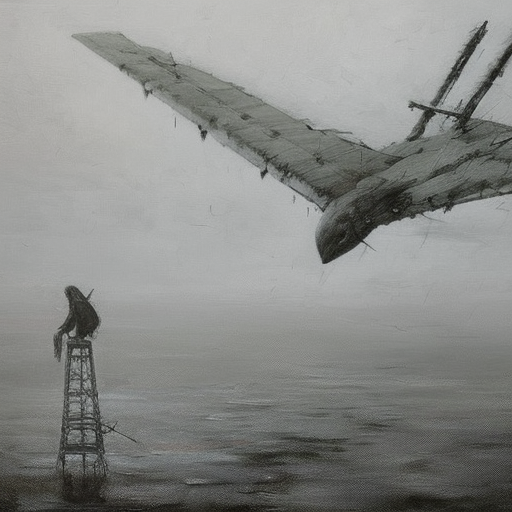The Cranes Are Flying (1957) – A Heartbreaking Tale of Love and Loss in War-Torn Russia
Main Cast and Crew:
- Director: Mikhail Kalatozov
- Writer: Viktor Rozov
- Key Actors: Tatyana Samoylova as Veronika, Aleksey Batalov as Boris, Vasiliy Merkurev as Mark, Aleksandr Shvorin as Fyodor, Svetlana Kharitonova as Irina
- Music Director: Moisey Vaynberg
- Director of Photography: Sergey Urusevskiy
- Producers: Mikhail Kalatozov, Yevgeniy Ginzburg
Plot:
In “The Cranes Are Flying,” set during World War II, Veronika and Boris are deeply in love. However, their lives are shattered when Boris is drafted into the army. As the war rages on, Veronika’s world collapses around her. She faces the challenges of loss, betrayal, and survival in a war-torn Russia.
Veronika’s cousin, Mark, who has always been infatuated with her, seizes the opportunity to pursue her while Boris is away. Veronika, desperate for solace, succumbs to Mark’s advances and becomes pregnant. When Boris returns, Veronika must confront her guilt and make a heart-wrenching decision that will shape her future.
The film explores the impact of war on individuals and their relationships. It delves into the emotional turmoil experienced by Veronika as she grapples with her conflicting emotions for Boris and Mark. The narrative also highlights the resilience of the human spirit in the face of adversity, as Veronika strives to find hope and meaning amidst the chaos.
Themes and Motifs:
“The Cranes Are Flying” delves into themes of love, sacrifice, and the devastating consequences of war. It examines the fragility of relationships and the choices individuals make when confronted with extraordinary circumstances. The motif of cranes, symbolizing peace and freedom, is recurrent throughout the film, serving as a poignant reminder of the characters’ longing for a better world.
Reception and Legacy:
Upon its release, “The Cranes Are Flying” received critical acclaim and became an international success. It won the Palme d’Or at the 1958 Cannes Film Festival, solidifying its place as a masterpiece of Soviet cinema. The film’s innovative cinematography, particularly the use of handheld cameras and long takes, revolutionized the visual language of filmmaking.
Its portrayal of the human cost of war resonated with audiences worldwide, earning it numerous accolades and nominations. “The Cranes Are Flying” remains a significant work in Russian cinema, influencing subsequent generations of filmmakers and leaving a lasting impact on the war genre.
Recommendation:
“The Cranes Are Flying” is a poignant and emotionally charged film that offers a profound exploration of love and loss in wartime. Its powerful performances, stunning cinematography, and compelling narrative make it a must-watch for fans of classic cinema and war dramas. However, be prepared for its heartbreaking depiction of the human toll of war.
Memorable Quote:
“I want to live, to live with you, to live for you!” – Veronika












